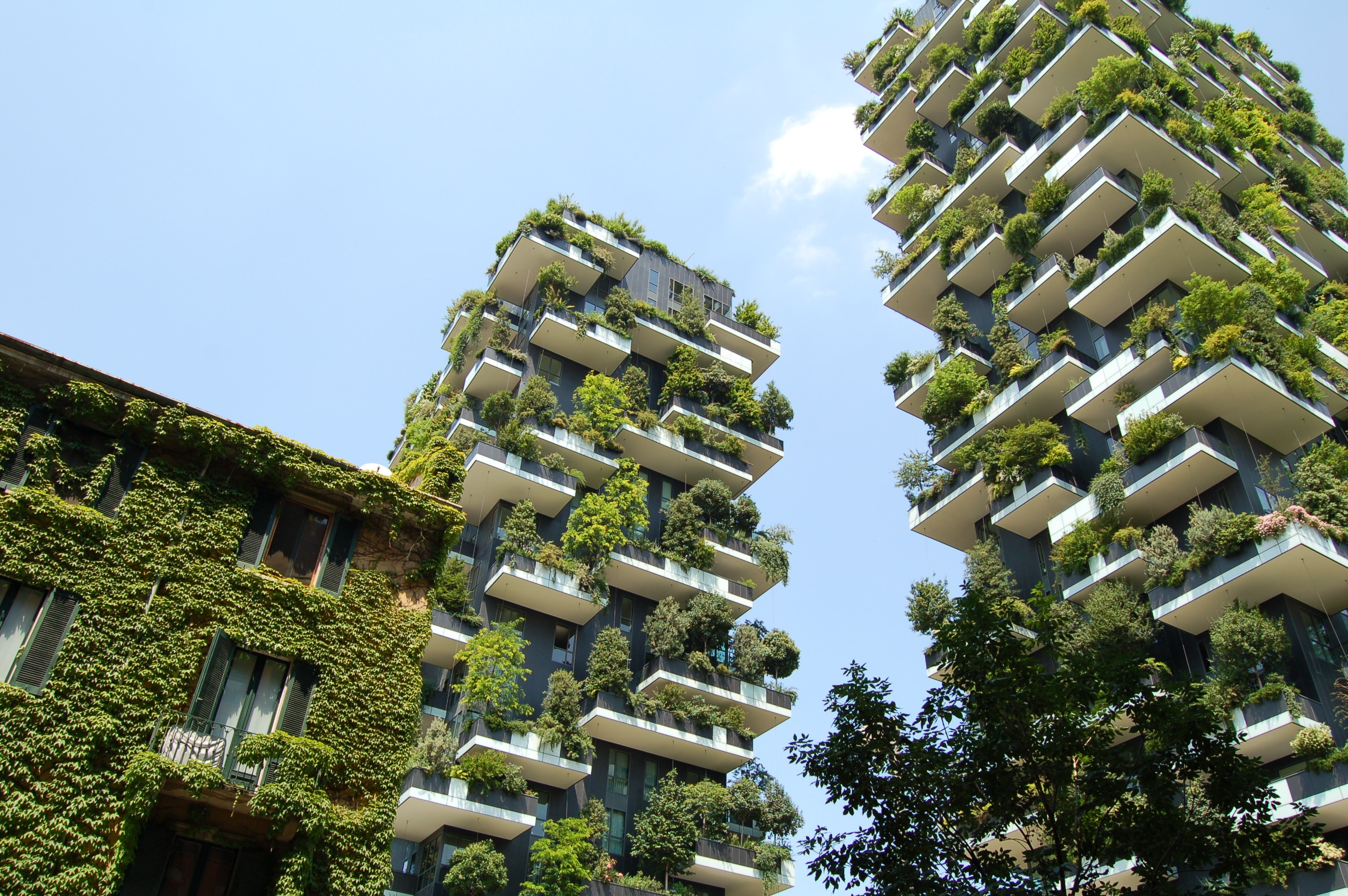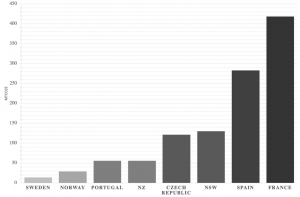Taking Up the Slack
27 August 2019 | BY Jeremy Moss, UNSW | Climate Justice Beyond the State
Taking up the slack: when governments don’t act on climate change
Every year, governments of the world meet to progress action on climate change. And every year, each government recommits to take action to tackle the risks that climate change threatens. That governments should commit to and implement such measures is beyond question.
But the results have been dismal. Most nations not only have pledged to actions well below what is required, but are failing miserably to even the minimal, policies they have agreed to. A recent article in Nature noted that global carbon emissions increased by 2% in 2018, despite record roll out of renewable energy across the world (Figueres, 2017).
Australia is not faring much better. We have agreed to reduce our emissions by 26–8% by 2030 against a (generous) 2005 baseline. Yet, even granting that this is our ‘fair share’ in light of our contribution to global emissions (and it is not), the federal government is simply not doing enough. A government report released in December 2018 estimated that Australia’s emissions in 2030 will only be 7% below 2005 levels (Aust Govt, 2018).
Needless to say the climate won’t wait for the Federal Government. The risks of climate change are escalating and we urgently require an effective response. Someone needs to take up the slack, but who?
One response has come from a collection of cities and states that are banding together to try to do what their federal governments refuse to do. The C40 coalition (90+ cities representing 650 million people) including New York, London and Sydney have begun reducing their emissions in line with the ambitious elements of the Paris Agreement.
While it is good that cities and state governments act in this way, their actions should not be seen as optional; they are morally required. These ‘sub-national’ actors are also big emitters. In 2014, NSW emitted 130 Mt of CO2e – more than twice as much as Portugal. It also exports large quantities of coal through the world’s largest coal port at Newcastle.

Some might object that we can’t ask smaller cities or states to do what the federal government will not do. But this can’t be right. Just as we would be horrified if someone at a beach sees a drowning swimmer and refuses to rescue them, claiming ‘it’s the lifeguard’s job’, we should not accept state governments looking on as the climate worsens.
State governments and cities (where most Australians live) are under an obligation to take robust action on climate change because federal duties ‘devolve’ to them.
State and local governments taking this kind of unilateral action also increases the likelihood of others doing so. If Victoria introduces green energy policies, that makes it easier for NSW or Western Australia to do so because they will know what works and what doesn’t. The costs also decline as economies of scale kick in.
Cities taking unilateral action can also create new norms around climate change. With each city that adopts transport, housing or energy policies that make emission reduction central, it creates new expectations on others to follow. Just as the establishment of one of the world’s first national parks, the Royal National Park in 1879, created new norms about preserving nature, so being an early adopter of local climate-friendly policies will create new norms. NSW also introduced one of the world’s first GHG emission reduction schemes in 2003.
It would undoubtedly be better if federal governments took action. But as the urgency around climate change increases, we should not wait for our federal laggards. So as local and state elections roll around, we should ask each layer of government whether its policies do take up the slack. We need more world firsts from our governments.
References:
Australian Government, Dept of Energy and Environment, 2018. ‘Australia’s emissions projections 2018’, Commonwealth of Australia.
Figueres, C et al. 2017. ‘Emissions are still rising’ Nature 546, 593–595 2017.
